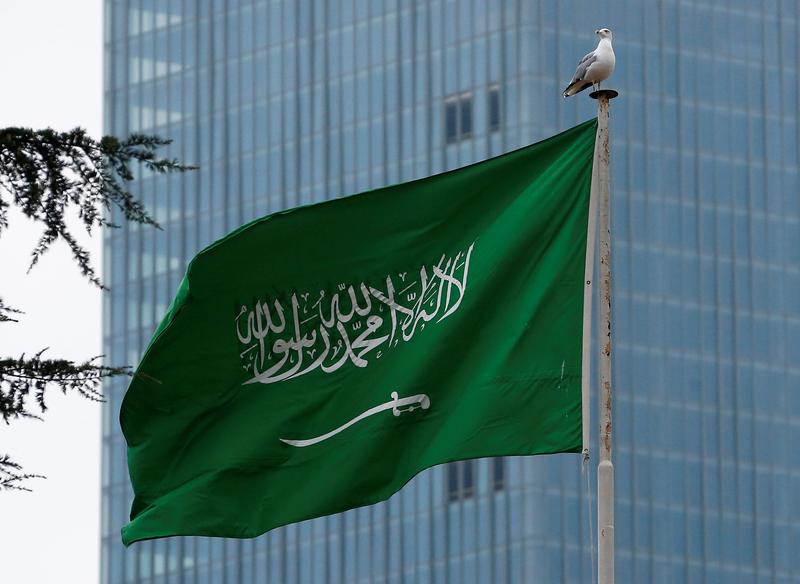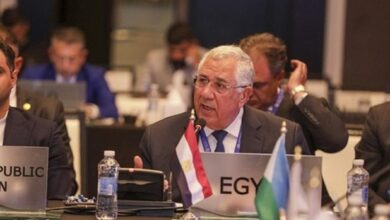
Saudi Arabia reinstated financial allowances for civil servants and military personnel on Saturday after better-than-expected budget figures, ending unpopular cuts to a key perk triggered by low oil prices and cheering the stock market.
The king issued a royal decree restoring "all allowances, financial benefits, and bonuses" following calls for protests in four Saudi cities over the weekend, adding a two-month salary bonus for forces fighting in the kingdom's intervention in Yemen.
The Saudi share index .TASI gained 1.0 percent on Sunday, buoyed by expectations of a positive impact from higher disposable incomes on consumer sectors like retail and food.
In September, Saudi Arabia cut ministers' salaries by 20 percent and scaled back perks for public sector employees in one of the energy-rich kingdom's most drastic measures to save money after tumbling oil prices.
The measures were the first pay cuts for government employees, who make up about two-thirds of working Saudis, and prompted complaints about the impact of austerity on ordinary Saudis.
Under the Twitter hashtag "April 21 movement," Saudis circulated statements last week demanding the reinstatement of benefits, a halt to the sale of shares of state oil giant Aramco, a constitutional monarchy and the restoration of the powers of the religious police.
Security forces lined the streets of central Riyadh over the weekend, although no demonstrations appeared to materialize.
Improving Fiscal Position
The decree said the cuts had come as a response to the sharp drop in the price of oil, which sank to a low of around $28 last year. Prices have rebounded since late 2016, with Brent crude LCOc1 now trading around $52 a barrel compared to last year's average of $45.
Minister of State Mohammed Alsheikh said Deputy Crown Prince Mohammed bin Salman recommended the change after better-than-expected budgetary performance in the first quarter of 2017.
"The government has conducted a review of the measures initiated in the fall in relation to the public-sector employees' allowances," Alsheikh said in a statement provided to Reuters.
"A number of fiscal adjustment measures were taken over the last two years which led to a strong improvement in the government's fiscal position."
Alsheikh and other key officials highlighted trends pointing to economic recovery.
The central bank governor said the trade deficit was expected to drop in 2017, possibly moving into a surplus, while the deputy economy minister said the kingdom had reduced its deficit in the first quarter of the year by more than half, in part because of prudent management of government spending.
"We believe this move will boost positive sentiment as domestic demand recovers on the back of enhanced government employees' disposable income," said Alsheikh.
In a further concession to low-income Saudis, the central bank instructed banks to maintain the current favorable terms of consumer and property loans, having ordered their rescheduling in the fall to aid Saudis affected by the cuts.
Personnel Changes
Other decrees installed two of King Salman's sons in key posts, further securing a next generation of Al Saud leadership.
Prince Khaled bin Salman, an F-15 pilot who has trained in the United States, was made ambassador to Washington. Another son and long-time oil policy official, Prince Abdulaziz bin Salman, was appointed state minister for energy affairs.
The decrees also made a handful of young princes from various branches of the al-Saud family deputy governors of the kingdom's provinces.
A national security center was established under the royal court and Ibrahim al-Omar was named governor of the Saudi Arabian General Investment Authority (SAGIA), an agency managing foreign investment in the kingdom.
Further decrees replaced the information and civil service ministers and set up a committee to investigate allegations of abuse for the latter. The kingdom's anti-corruption body Nazaha concluded the minister had hired his son in a post for which he was unqualified.
Reporting by Ali Abdelaty, Sami Aboudi and Katie Paul; Writing by Tom Finn; Editing by Clelia Oziel




